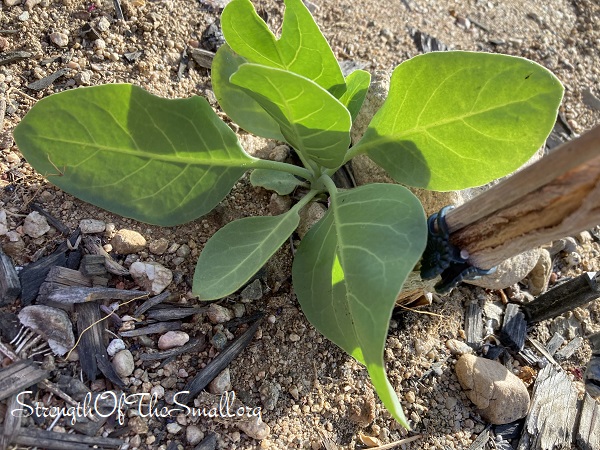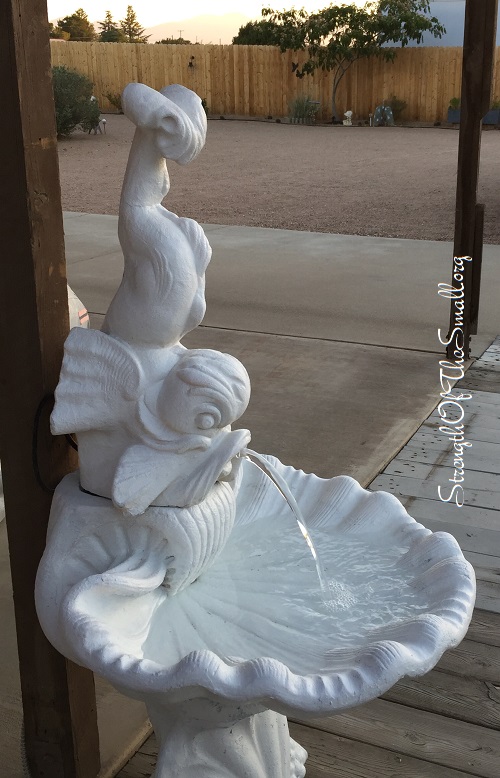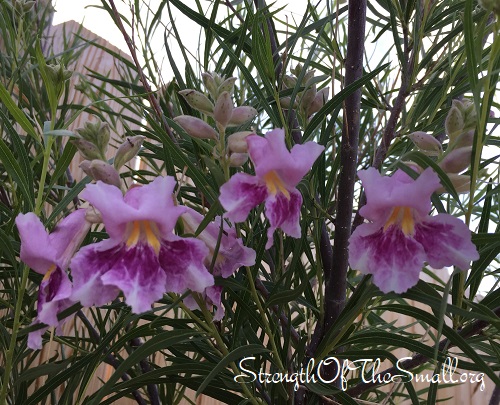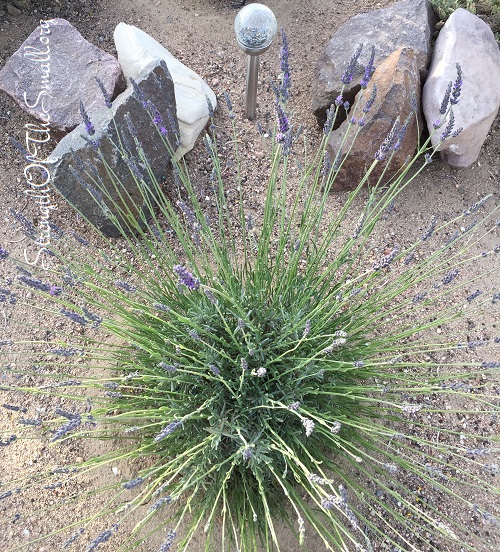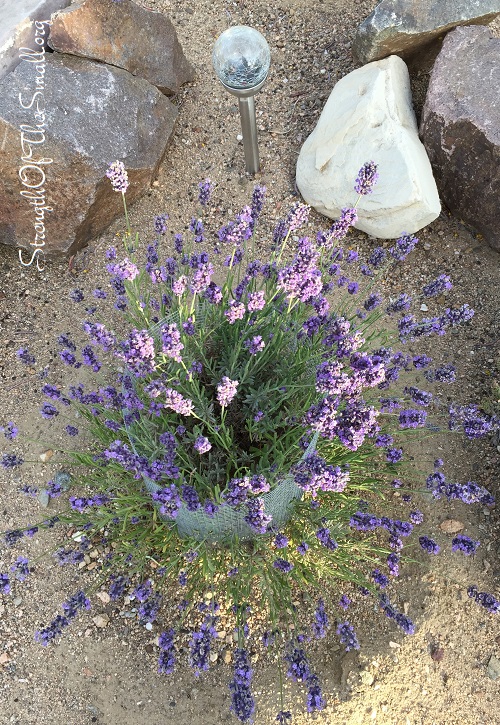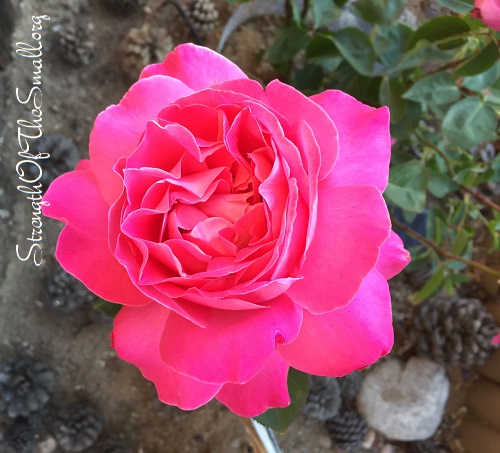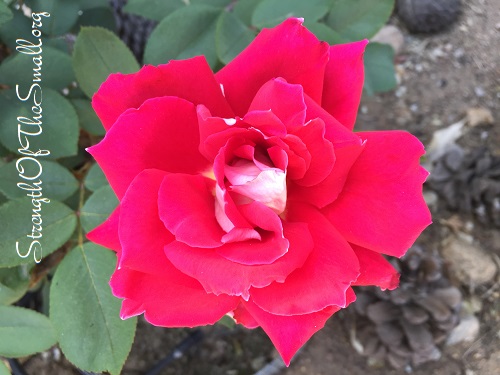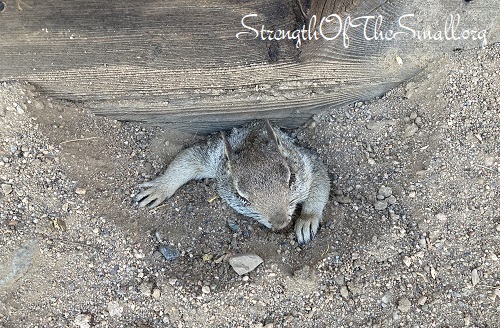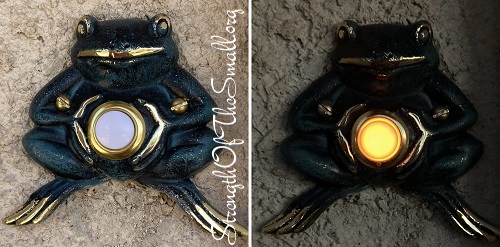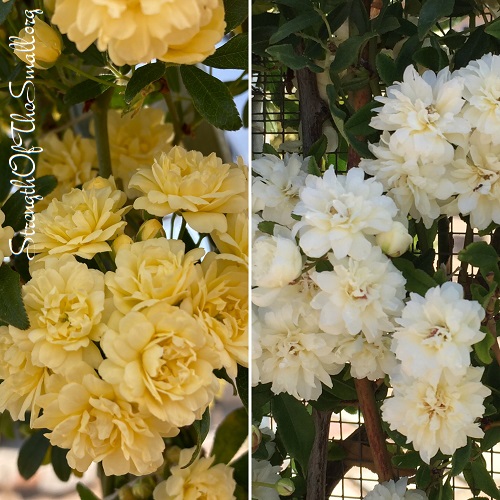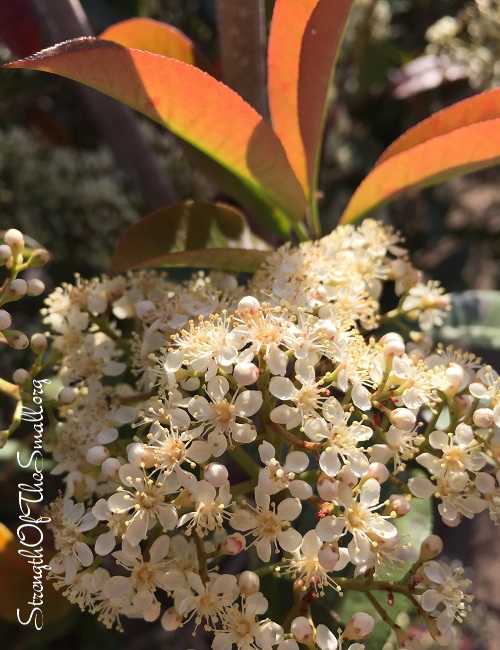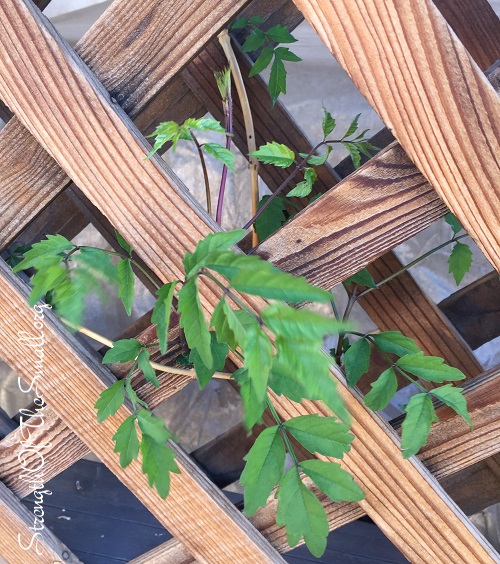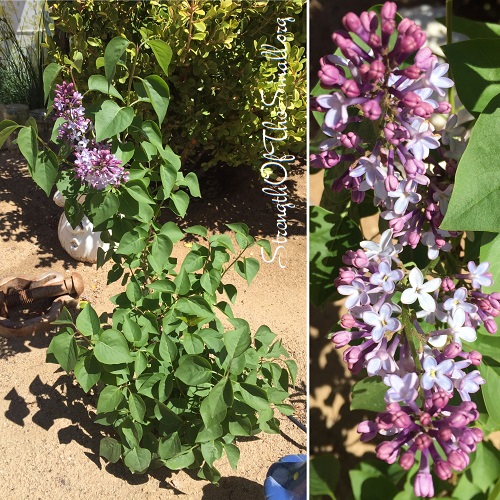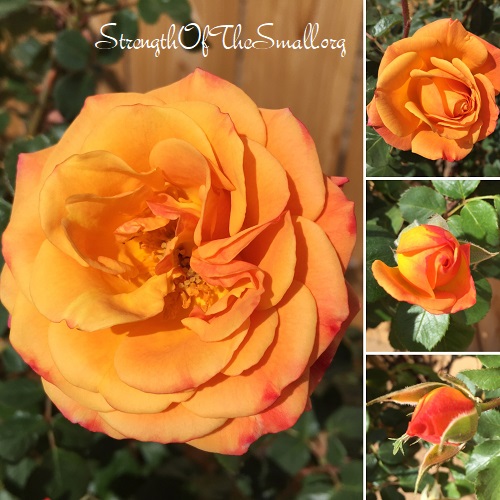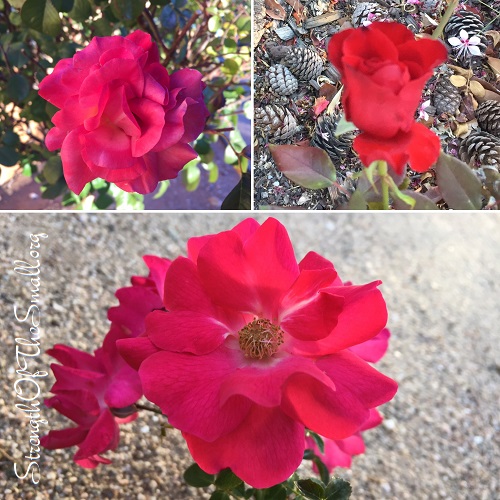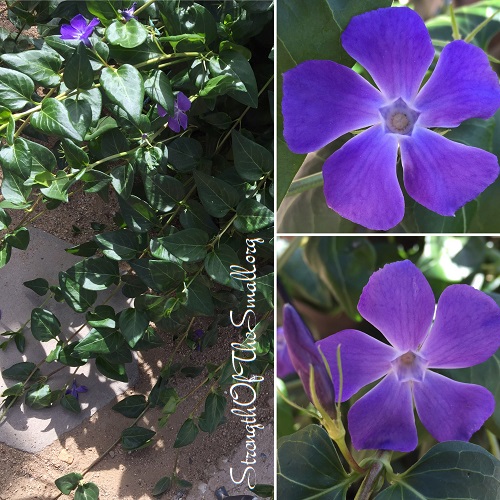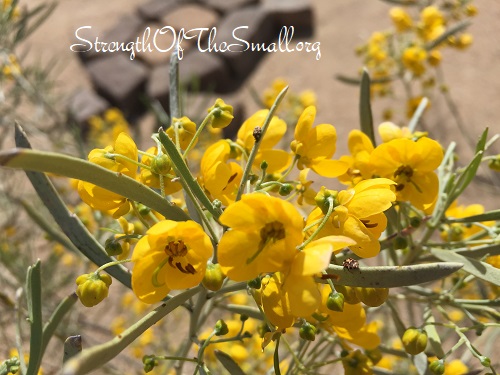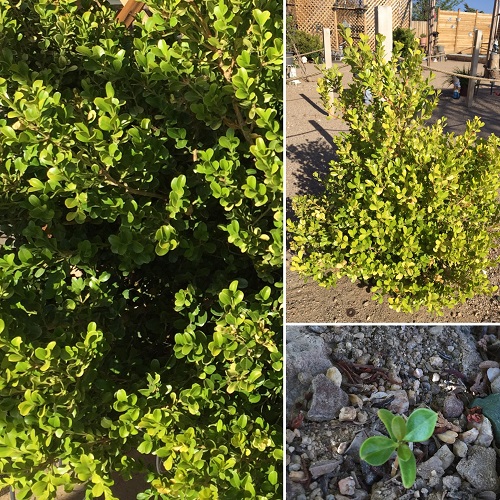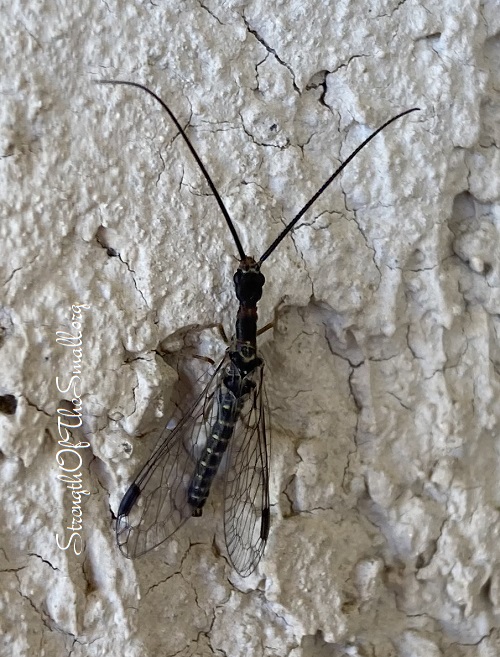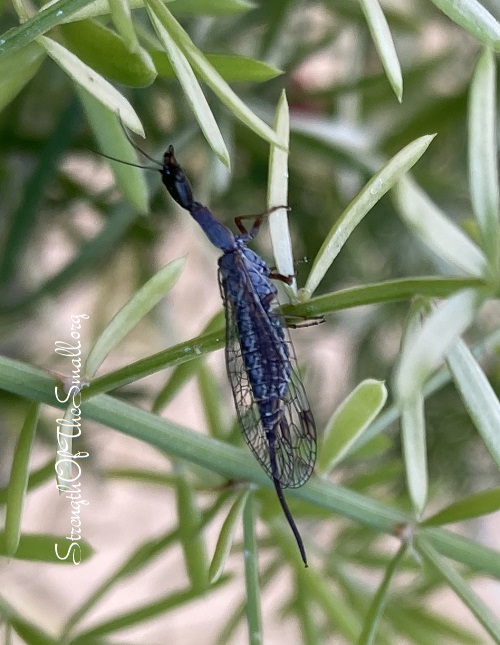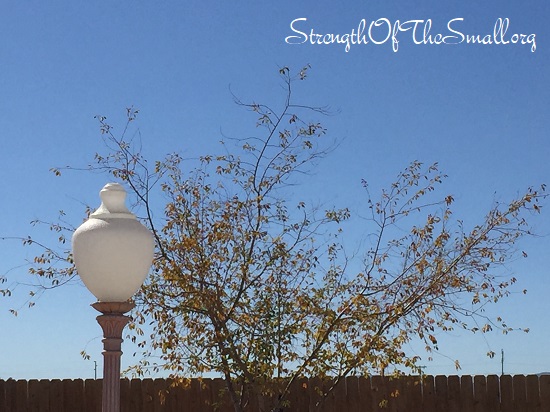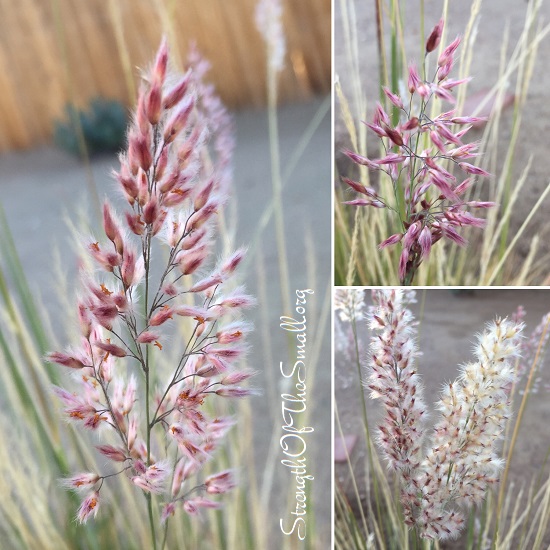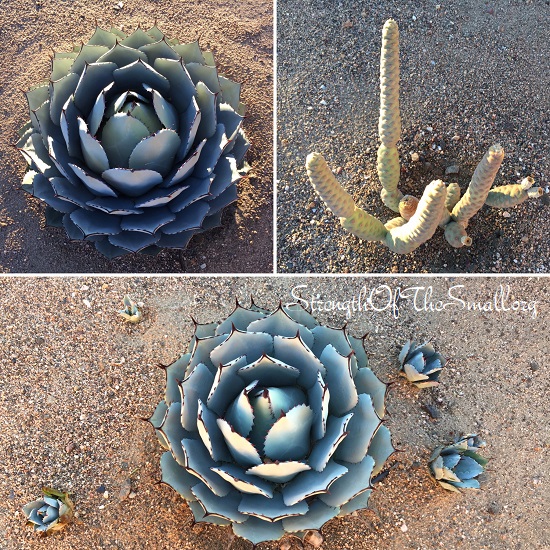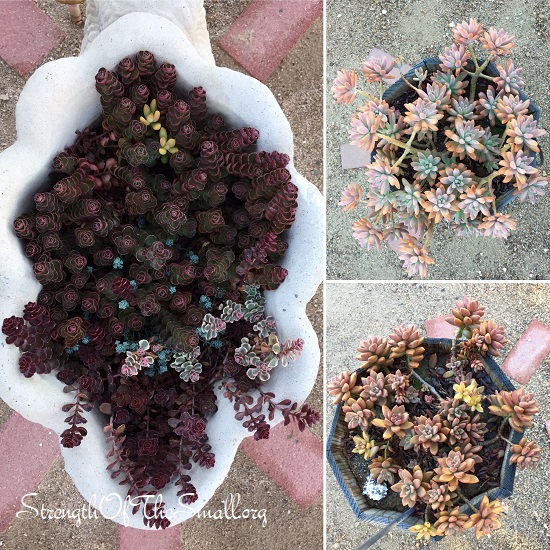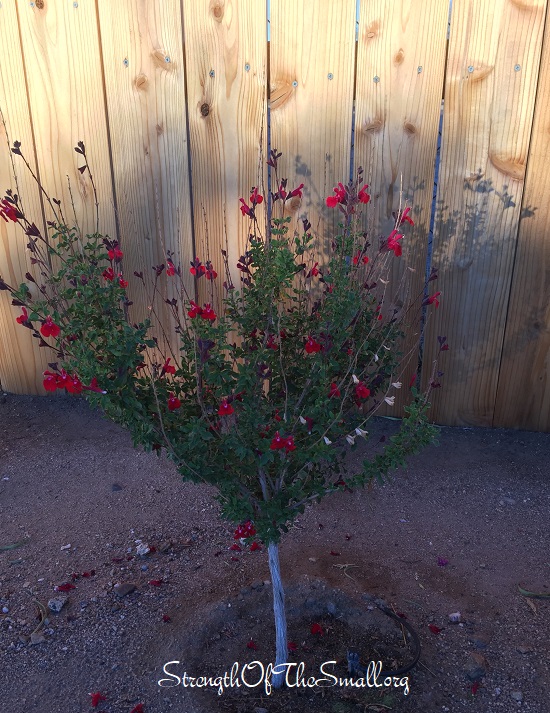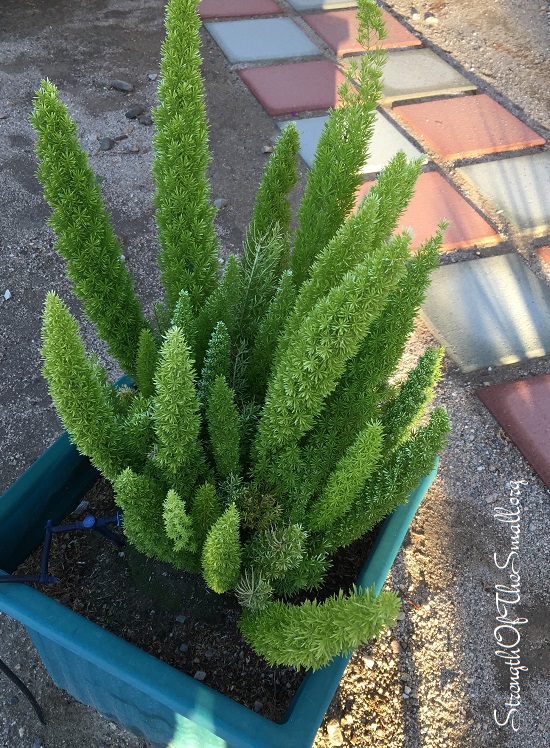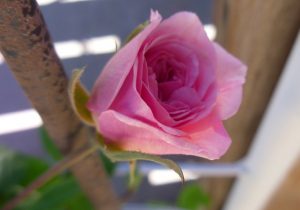It’s hard to believe that today is officially the last day of Spring 2022 and that tomorrow will be the start of a new season. Temperatures have been soaring for the past couple of weeks, giving the impression that we are in mid-summer. Either way, I am grateful for the ending season and looking forward to the upcoming one as well as what Mother Nature has in store for us.
Rather than gardening, I am just making sure that all the plants and living things have enough water to keep them going. More plants have graced us with their beautiful and vibrant flowers, like the Allium Drumstick below.
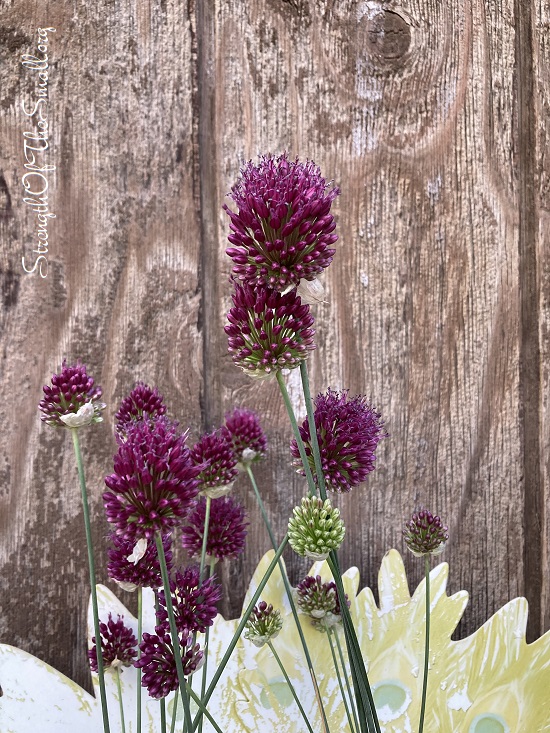
I love the delicate lavender-purple flowers of Russian Sage and its fragrant foliage.
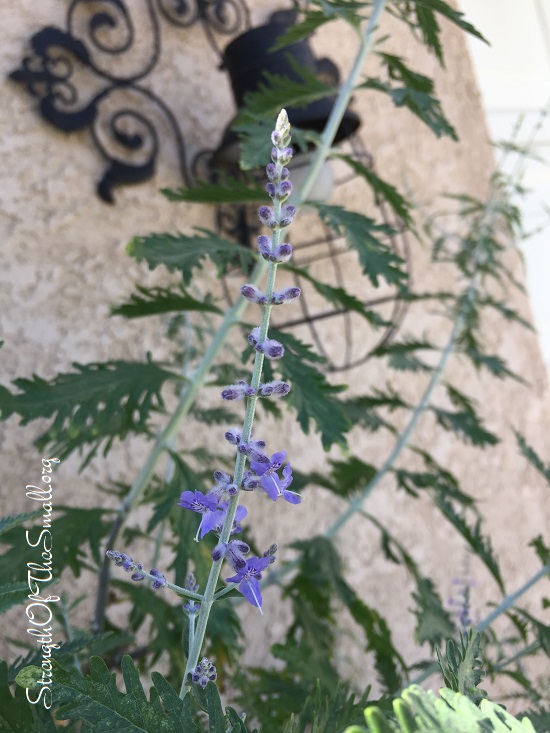
‘Madame Galen’ Trumpet Vines are rapidly spreading, climbing, and attaching themselves on whatever their stems touch. Hummingbirds love the trumpet-shaped flowers.
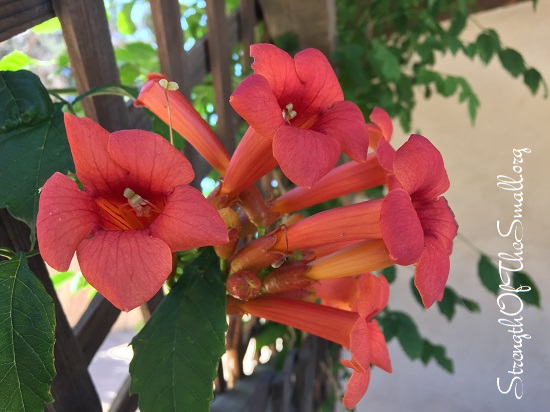
Clusters of small creamy white flowers appeared at the end of the stems of my Heavenly Bamboo. As gorgeous and drought tolerant as this ornamental shrub is, all parts of the plant are toxic.
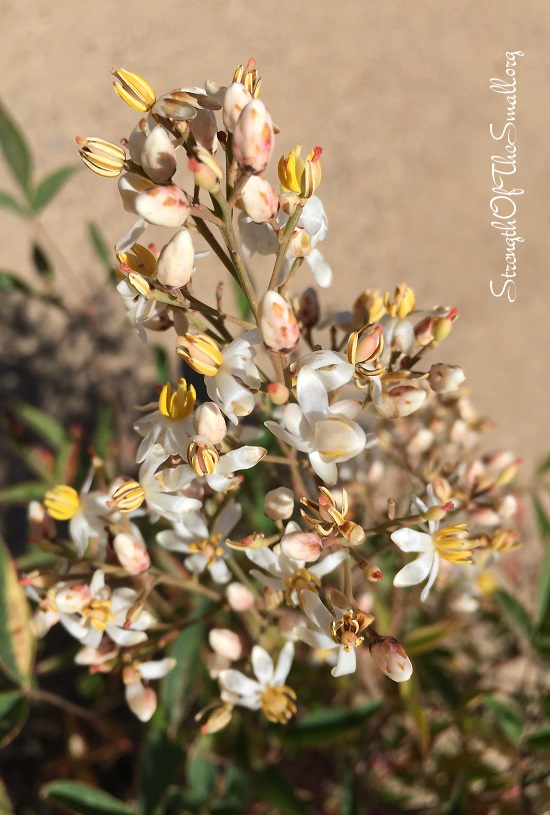
We were pleasantly surprise to see tiny buds of Corsican Stonecrop, and a beautiful star shaped flower.
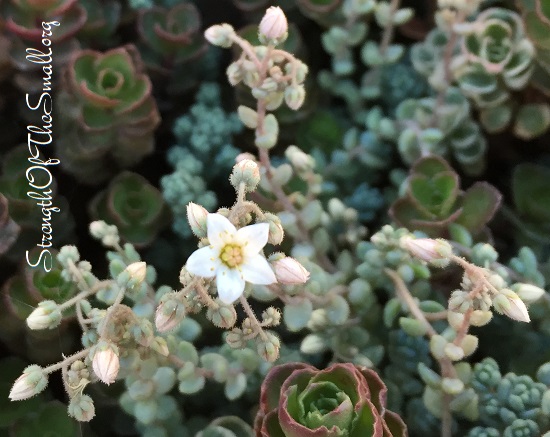
Days like these I am very grateful that, except for the potted plants in the front porch and those in the patio, every other plant is fitted with drip irrigation (once in a while I have to check the drip emitters and make sure that they aren’t clogged or damaged). I hand water the potted plants twice daily: very early in the morning and early in the evening, and water the shrubs deeply once a week. Doing so keeps the plants hydrated and I avoid being outdoors during the hottest part of the day.
Happy gardening, stay cool and hydrated!
